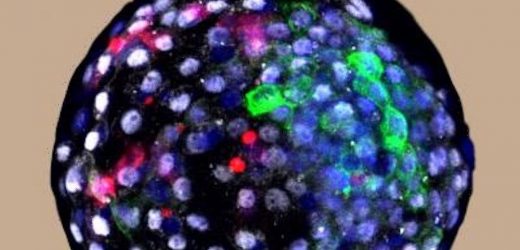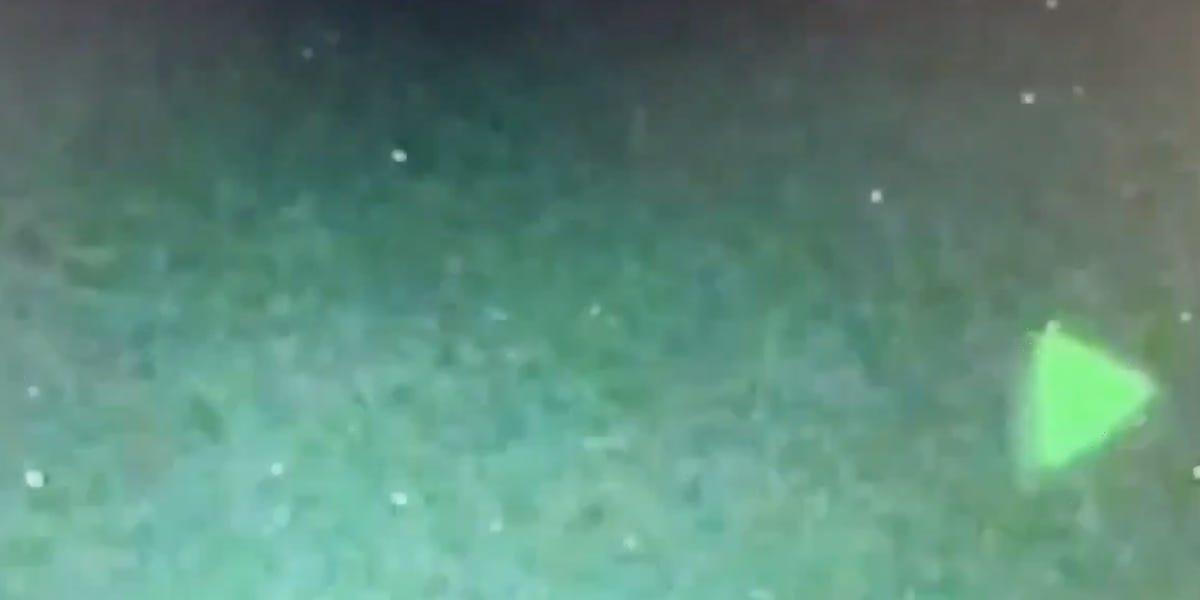- Scientists injected human stem cells into macaque embryos into a study on human development.
- Some of the embryos continued to develop for 20 days, researchers said.
- But the experiment has sparked an ethical debate among scientists.
- See more stories on Insider’s business page.
Monkey embryos containing human cells were kept alive for 20 days in an experiment carried out by a US-Chinese team.
The embryos were made by injecting human stem cells into macaque embryos as part of research into early human development, and results were published in the journal “Cell.” Only some of the embryos survived for 20 days, the research said.
The research team was led by Juan Carlos Izpisua Belmonte of the Salk Institute, who helped make a mixed-species embryo of a human and a pig in 2017.
“As we are unable to conduct certain types of experiments in humans, it is essential that we have better models to more accurately study and understand human biology and disease,” he said in a press release about the study. “An important goal of experimental biology is the development of model systems that allow for the study of human diseases under in vivo conditions.”
The new study has sparked an ethics debate among some scientists concerned about creating embryos that are part human and part animal.
Anna Smajdor, a biomedical ethics lecturer and researcher at the University of East Anglia’s Norwich Medical School, told the BBC: “The scientists behind this research state that these chimeric embryos offer new opportunities, because ‘we are unable to conduct certain types of experiments in humans’. But whether these embryos are human or not is open to question.”
Source: Read Full Article


